ᴇᴍᴘᴇʀᴏʀ 帝
A geologist and archaeologist by training, a nerd by inclination - books, films, fossils, comics, rocks, games, folklore, and, generally, the rum and uncanny… Let’s have it!
Elsewhere:
- Yrtree.me - it’s still early days for me in the Fediverse, so bear with me
- 68 Posts
- 482 Comments

 3·1 day ago
3·1 day agoThat’s really good news - we need more topic specific instances.

 104·2 days ago
104·2 days agoI’ve declined the opportunity to Mod a community on lemmy.ml, which is really not like me.

 102·5 days ago
102·5 days agoGive Mods and Admins the ability to move posts to another community.

 9·5 days ago
9·5 days agoHelp promote longer discussions by using the sidebar to display comments initially sorted by “New”. Give options to filter comments by Community, Local, Subscribed, Mod View or All.
There is already Lemmy NSFW which, I am led to understand, has more boobies than you can shake a stick at.

 2·6 days ago
2·6 days agoCuriouser and curiouser.
Probably some mundane explanation but still…

 3·6 days ago
3·6 days agoAs a community grows in popularity, it often shifts from hosting insightful discussions to attracting memes, funny, and low-quality content.
Seems the simplest thing would be to start a parallel memes community. So, for example, if it was an issue on !movies@lemm.ee we’d look into a movie memes community and those that don’t want memes can just block it.

 8·6 days ago
8·6 days agoInterestingly there seems to have been an uptick in comments.

 1·6 days ago
1·6 days agoI think if more people took on tasks like running the communities while educating people the benefits of the fediverse, then we can see a bit more growth.
This is the way - be the change you want to see in the world.
Lemmy isn’t the size of Reddit, so it isn’t at a place where the vast majority of users can just passively consume content.
If there’s a niche for a community then start it. If you want more Mods, keep an eye out for active posters and ask if they want to help. If you are unsure about starting a community or want help from the start (as it might be popular) then start a thread on !fedigrow@lemm.ee. The more active communities, the more likely it is for the next wave of users to stick around and some of them might start new communities.
If you build it they will indeed come and stay.

 1·6 days ago
1·6 days agoI wish I was that young!
 9·8 days ago
9·8 days agoWhile the original has flaws, experience suggests a remake would be worse. However, I’d be up for a sequel because they set up an interesting fictional universe where humanity has faster-than-light travel but using the technology drags in destructive entities from outside our dimension. How do various interest groups deal with this and try and make it work. It’d certainly be possible to craft a film or two around this without pissing on WH40k’s shoes.
 10·8 days ago
10·8 days agoWhy that far?
Why set it in the 40th millennium? In the grim darkness of the far future? No reason. Just an intriguing setting that no-one is using at the moment.

 2·12 days ago
2·12 days agoYeah, that’s tricky - I have Italian DNA matches (although they go back to the late Bronze Age) and my cousin married an Italian woman, so have had a nose around some Italian family trees and they seem to have solid records. I don’t know about Spanish or South American records.
Going by this discussion (warning: it’s on The Bad Place) (see also this discussion), there are good Spanish records but you’d need to talk to someone with expertise on where to look for the specific records you need. It may be worth tracking down Spanish language genealogy sites or try general ones and see who you can find - I have great luck with RootsChat who have a Europe board on their forum (although I was mainly after British help).

 6·13 days ago
6·13 days agoIt depends on where they were from. If the big repositories don’t have the data (and you have clearly tried them) then:
- The data may have been destroyed or never written down. I am ¾ Irish but landing any of my ancestors in Ireland has been hard. The records burned in 1916 and, in some areas, there are gaps during the Potato Famine when no-one was around to write things down. One of my best DNA matches on my Mum’s side falls foul of the latter as we have matching surnames and know pretty much when and where our connection would be but the parish records just stopped in that period.
- It’s not in English. They are doing their best to fill such gaps but adding translation in can be hard. There are often regional family record offices but they may be in a language you don’t speak (I’m having trouble tracing my sister-in-law’s grandmother who was born in Estonia. I am also helping a friend whose grandfather was born in Malaysia and it is tricky even working out where to look). Scandinavian genealogy tends to be excellent, but you may need access to the “farm books” where the records are kept.
- It’s paywalled elsewhere - Scottish records need you to subscribe to a specific site.
- The names are badly transcribed - the British record keepers clearly struggled with some Irish names especially when being told them by illiterate peasants (possibly not helped by some being in Gaelic). I have one family whose name is written over a dozen different ways and it can be hard piecing it together. The names settle down after a bit (there was a big push for literacy in the late 19th Century) but there are two branches of the family that ended up with two different spellings of their surname.
Or any other issues. Without details it is tricky to point you in any specific direction.
If you hit a wall, try DNA.

 18·13 days ago
18·13 days agoGotta ask why it seems to slowly decline after each influx, tho, rather than slowly rise or stay stable.
Because there is a big influx of people looking for a new home and some of them don’t feel this is it and move on.
What is Interesting about the graph is that the drop-off after Rexxit was much steeper and, despite the drops, the numbers don’t go below the level they were before.

 7·13 days ago
7·13 days agoLemmy seems to have that spirit of the Internet of the 90s, which I thought was long gone.
That’s what I like about the Fediverse too. After Big Tech started hoovering up eyeballs, I got disenchanted but this has put fire back in my belly.

 2·16 days ago
2·16 days agoThey have !lemmybb@lemmy.ml
Lemmy is just a forum set to sort by new posts, not new comments.

 3·16 days ago
3·16 days agoPerhaps find like-minded folks and start one?

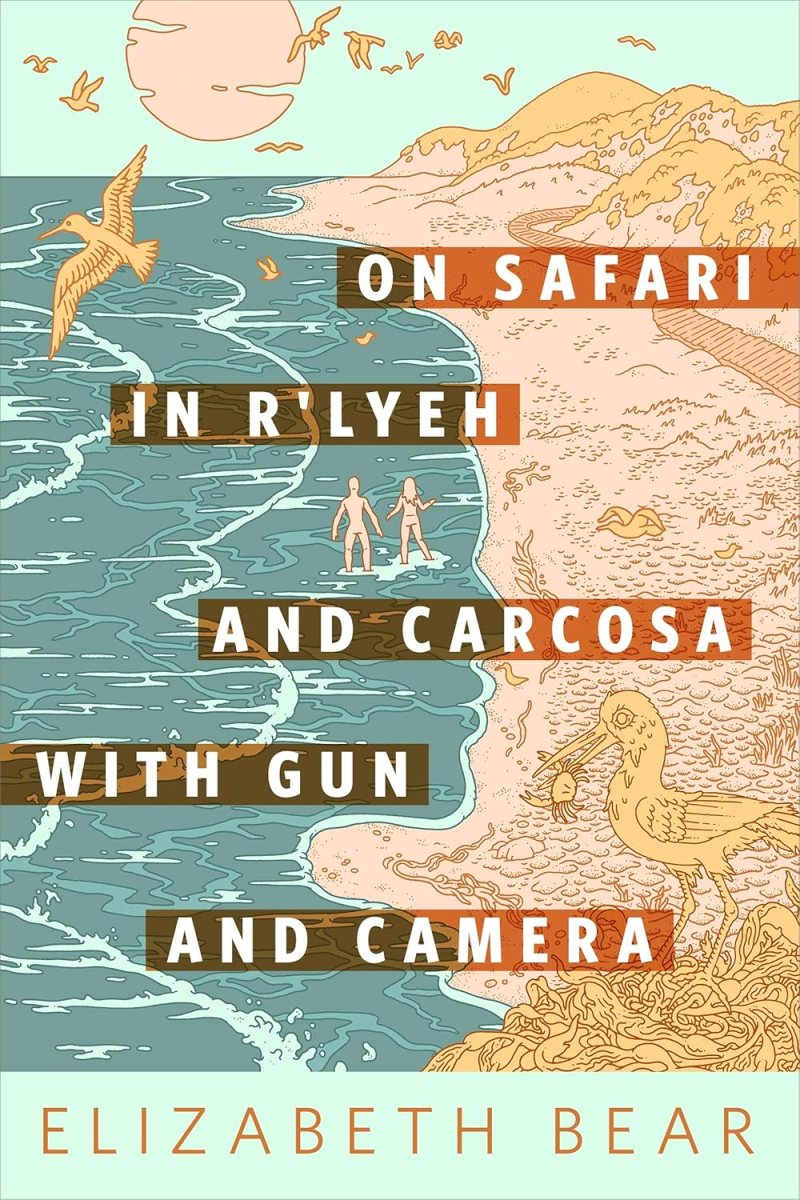
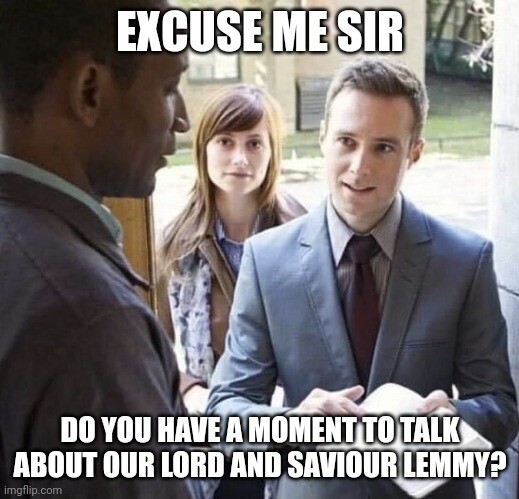



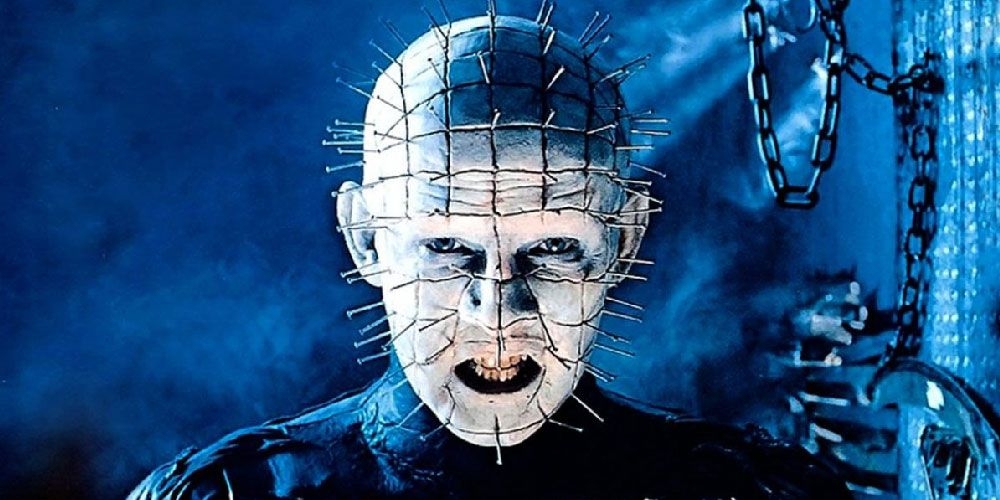
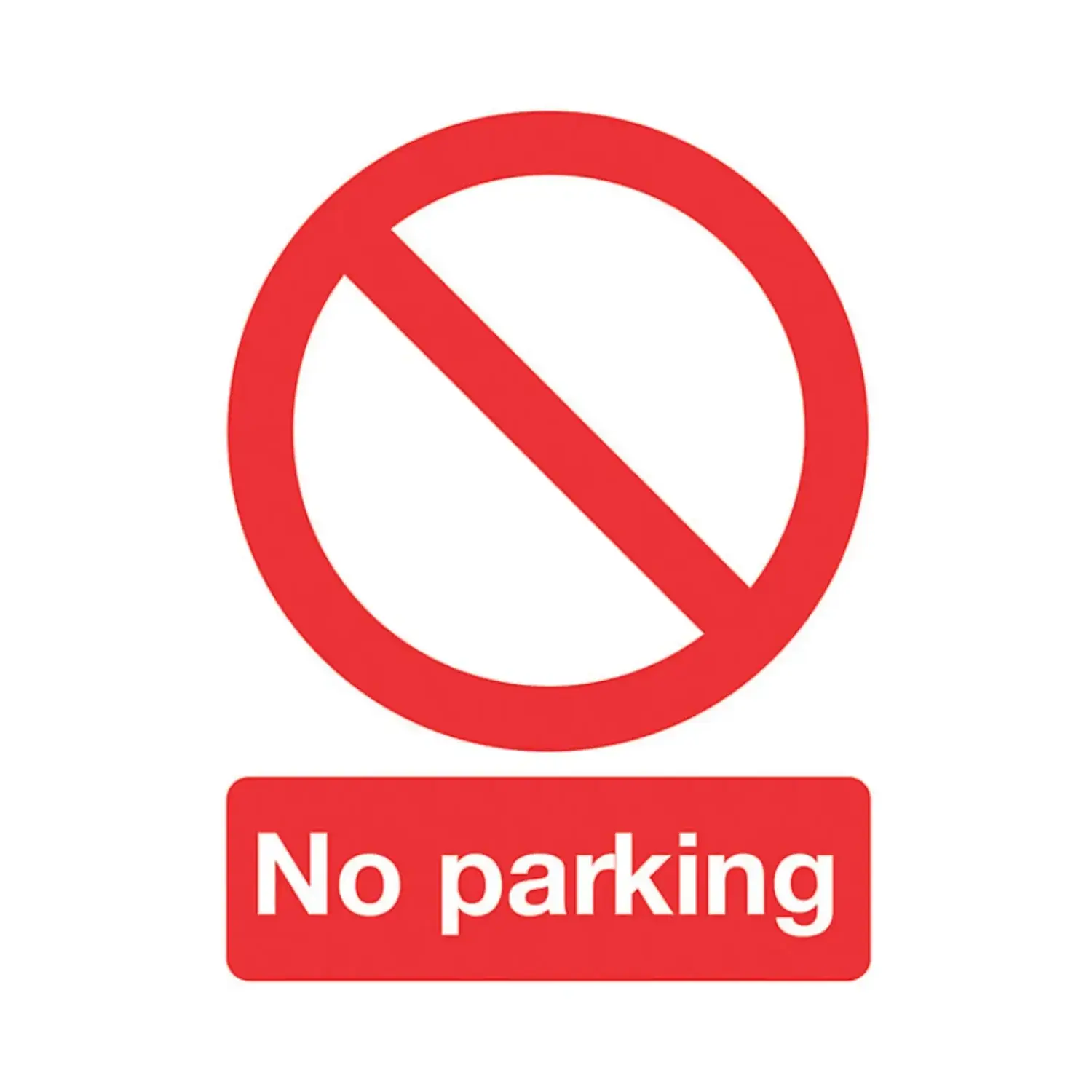

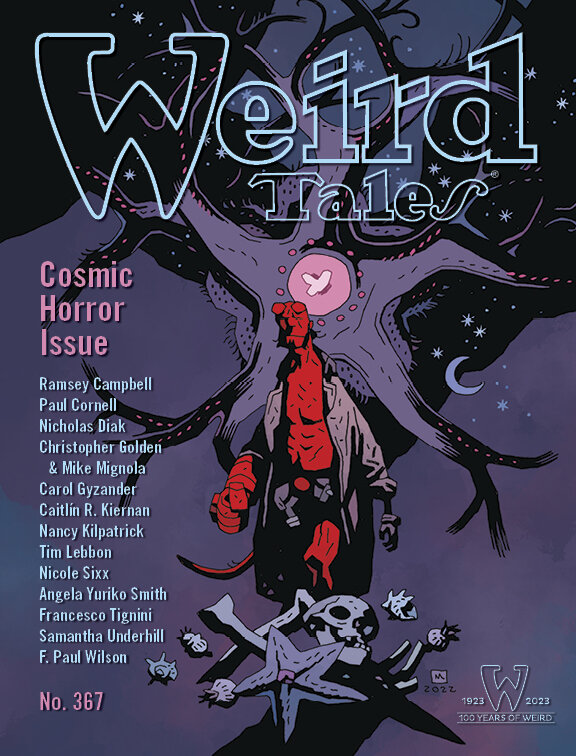
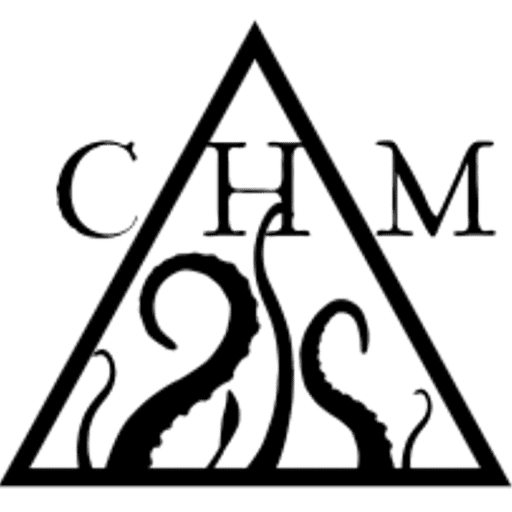
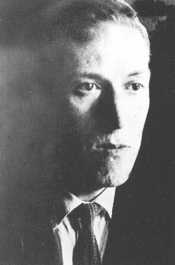
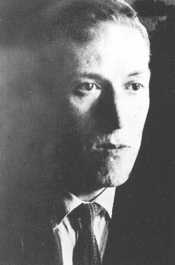

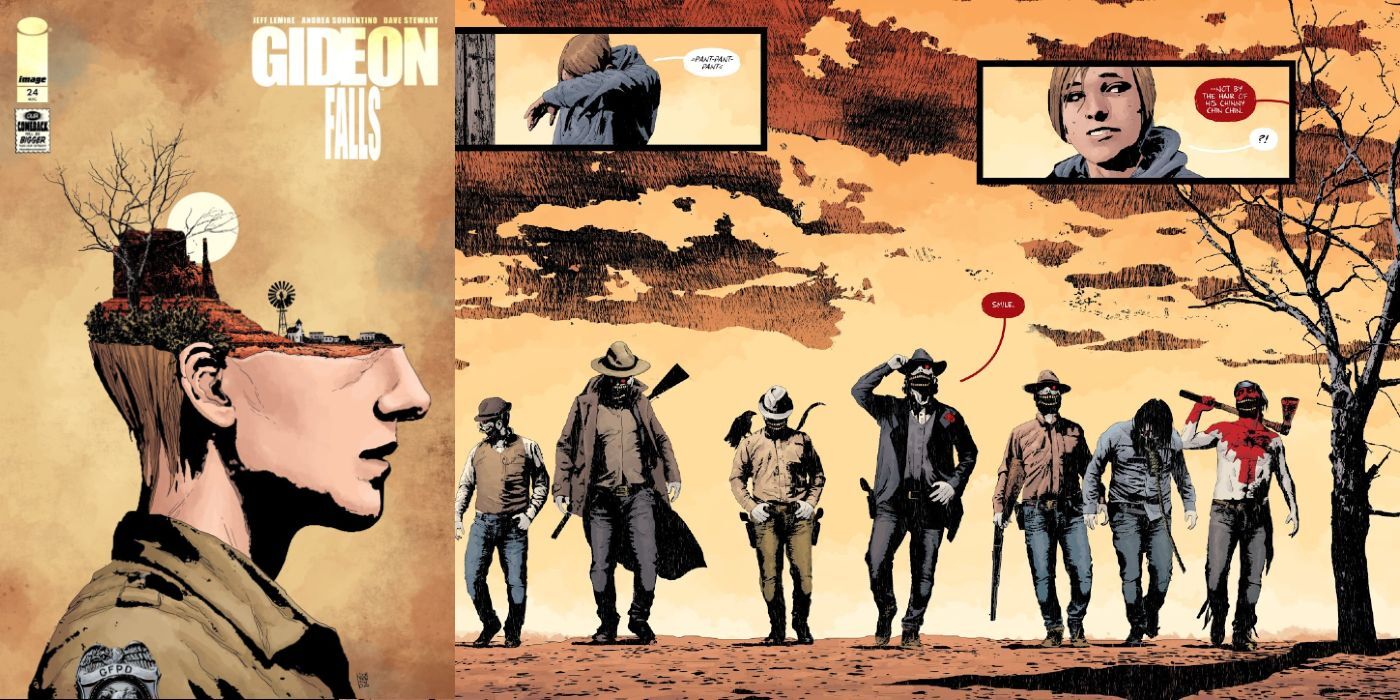

8.27k 🤷♂️